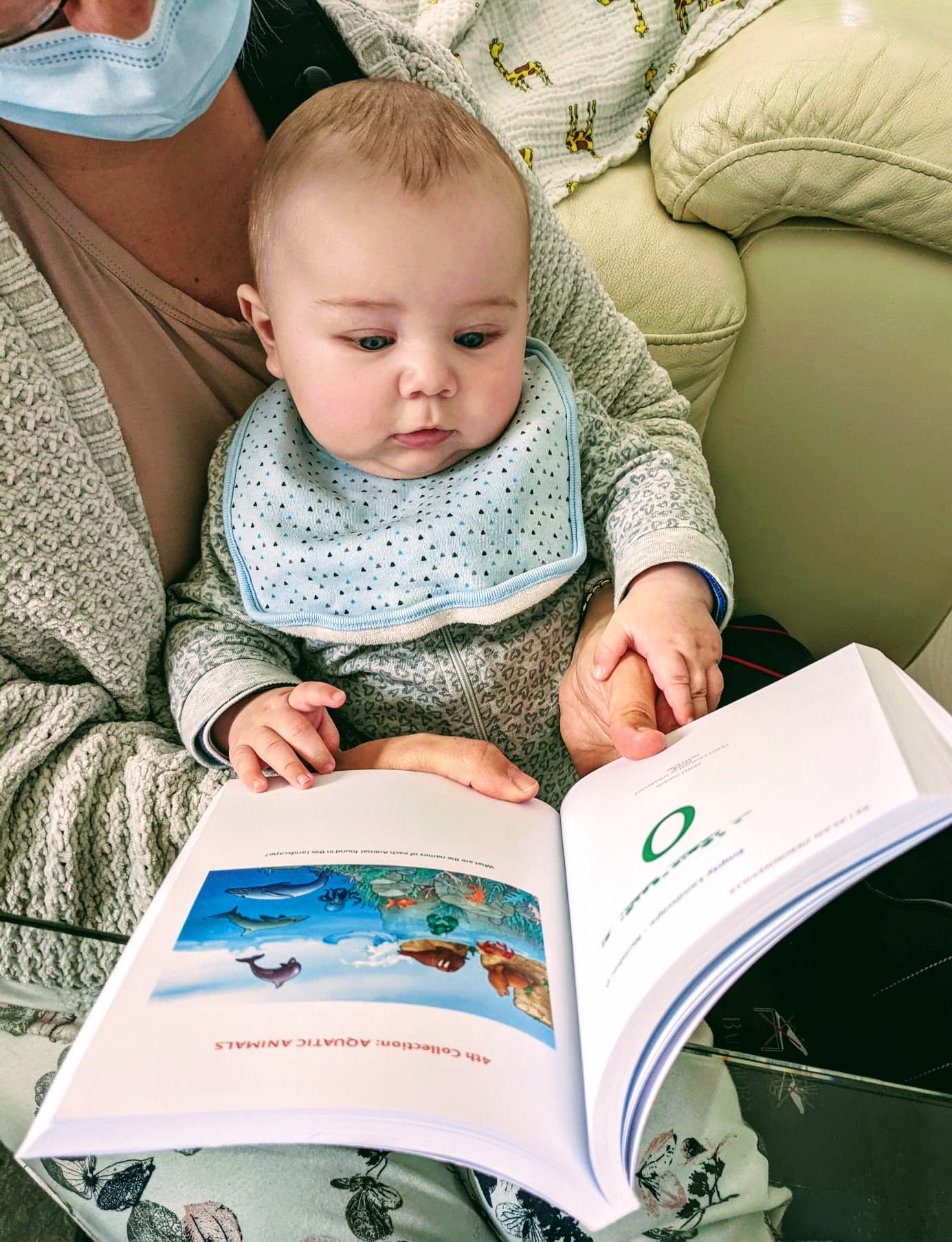Overall, humans are rather good at counting. They have a keen mathematical sense and can easily discriminate between two quantities of objects. For example, they can recognize that a group of 15 items is bigger than a group of 5 items simply by looking at them. So it's not surprising that even if infants may not fully understand numbers, they already have an innate sense of them.
Research has shown that babies can distinguish the difference between large and small groups of things. This is really important because babies with better counting skills tend to score better in later math tests. But at what age do we start discriminating quantities? Can babies really count? In any case, they seem to have a much better understanding of their environment than generally assumed. Several years before they can say their first numbers, they appear to be counting or, at the very least, paying attention to it.
In a study published a few years ago, 14- and 18-month-old toddlers were able to differentiate between groups of two and four items counted in front of them. Scientists at Duke University found similar results while testing 6-month-old babies who could notice the difference between 8 and 16 numerical dots on a screen.
So everything suggests that children acquire basic counting principles very early, much before effective counting has even begun. Once again, this is important because the early number sense of babies and toddlers tends to be predictive of their subsequent math performance. Preverbal number sense in 6-month-olds was related to their math skills three years later, a decisive advantage for their cognitive development.
Counting different concrete objects or living beings in the early years can be highly instructive. Any object, animal, or people (i.e., blocks, toys, clothes, food, dishes, furniture, numbers, letters, pictures, cards, books, stair steps, houses, windows, cars, trees, leaves, flowers, petals, animals, fingers, legs, girls, boys, family members, friends - the list is endless) can be counted.
So, even if numbers remain abstract symbols, young children seem to grasp their quantity when they are counted. And even if their understanding of numbers may not be accurate at first, the process of counting makes a huge difference and provides them immense benefits throughout their development, at school, and even beyond, which is an excellent reason to count... without counting!

Picture: Five-month-old baby learning to count with Mom and MATHnimals (ChildUp.com)



